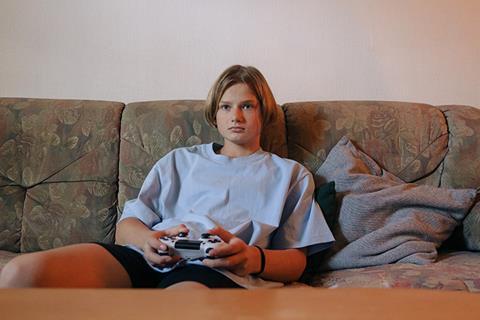Gaming guru, Andy Robertson look at the more positive end of the video games market

It’s easy to assume that video games are all about winning, gaining power and being the best. Fortnite, Call of Duty and even FIFA are video games that have made a name for themselves on the basis of power fantasies.
However, there are many other games that offer the chance to wield power not for yourself but for others. These not only provide an unusual reversal of the usual aims of gaming but are also a first-hand experience of what it feels like to be generous and work on behalf of other people.
Generosity with Other Players
While you can be generous to other players in any video game there are some games that recognise when you do this and encourage this behaviour. This can be as simple as teams that don’t hog the ball in Rocket League giving an advantage over less co-operative sides.Or it can be something designed in to how you purchase items in the game. Sky Children of Light, for example, offers Candles you can earn or purchase in the game. Nothing unusual there, until you realise that Candles main use in the game is to be a gift to other players to help them progress.
Generous For The Community
There are games like The Tomorrow Children where you build together to create ways to advance in groups. The work you do not only benefits you individually but also the others you are playing with.
One Hour One Life is, perhaps, the most generous game I’ve come across. Each of your plays of the game can only last one hour. During that time you live through childhood to adulthood, farming, crafting and connecting with other players. At the end of your time, all you can do is pass on your progress to another player in your village.
Generous Living
Other games reward players for pursuing goals that enrich the world in which they live. This may be to invest in renewable energy as in Terra Nil, or it may be to include Parks, Hospitals and Libraries in the towns they create in Sim City.
There are games that encourage you to be generous with how you spend your time. Wayward Strand, for instance, is a game about helping your mum who works in a Hospital for older patients. The game rewards you with more stories and interactions the longer you spend talking to the elderly people on the ward.
Conclusion
Whether your children are playing games just for fun or picking games that have generosity woven into their design, video games are a great way to practise a generous mindset.
Check out more ideas via the Taming Gaming book for parents and the Family Gaming Database.







































